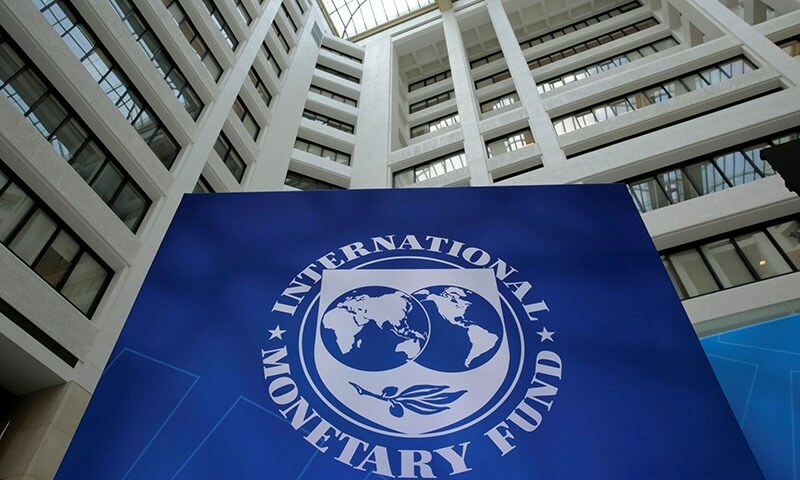Pakistan is aiming to finalize a staff-level agreement with the International Monetary Fund (IMF) for a bailout exceeding $6 billion this month after meeting all the lender’s requirements in its annual budget, the state minister for finance informed Reuters.
To secure IMF approval for the loan and avoid another economic crisis, the country has set ambitious revenue targets in its annual budget, despite growing domestic discontent over new taxation measures.
“We hope to conclude this (IMF) process in the next three to four weeks,” Minister of State for Finance, Revenue, and Power Ali Pervaiz Malik said on Wednesday, aiming to finalize a staff-level agreement before the IMF board recess.
“I think it will be over $6 billion,” he stated regarding the package’s size, though he emphasized that obtaining the IMF’s validation was the primary focus.
The IMF did not immediately respond to a request for comment.
Pakistan has set a tax revenue target of 13 trillion rupees ($47 billion) for the fiscal year starting July 1, marking a nearly 40% increase from the previous year, and aims to reduce its fiscal deficit to 5.9% of GDP from 7.4% the prior year.
Malik explained that the purpose of implementing a tough and unpopular budget was to use it as a stepping stone for an IMF program, adding that the lender was satisfied with the revenue measures based on their discussions.
“There are no major issues left to address now that all major prior actions, including the budget, have been met,” Malik said.
While the budget might secure IMF approval, it could also fuel public discontent, according to analysts.
“Obviously, the budget reforms are burdensome for the local economy, but the IMF program is focused on stabilization,” Malik stated.
Sakib Sherani, an economist and head of the private firm Macro Economic Insights, mentioned that a quick deal with the IMF is necessary to alleviate pressure on Pakistan’s foreign exchange reserves and currency, given the country’s maturing debt repayments and the effects of lifting capital and import controls previously applied.
“If the process takes longer, the central bank might be forced to temporarily reinstate import and capital controls,” he said. “There will be a period of uncertainty, and one casualty could be the rally in equities.”
The Pakistan Stock Exchange’s KSE-100 index has risen roughly 10% since the budget was presented on June 12, driven by continued optimism about securing an IMF bailout package to support the struggling economy.




